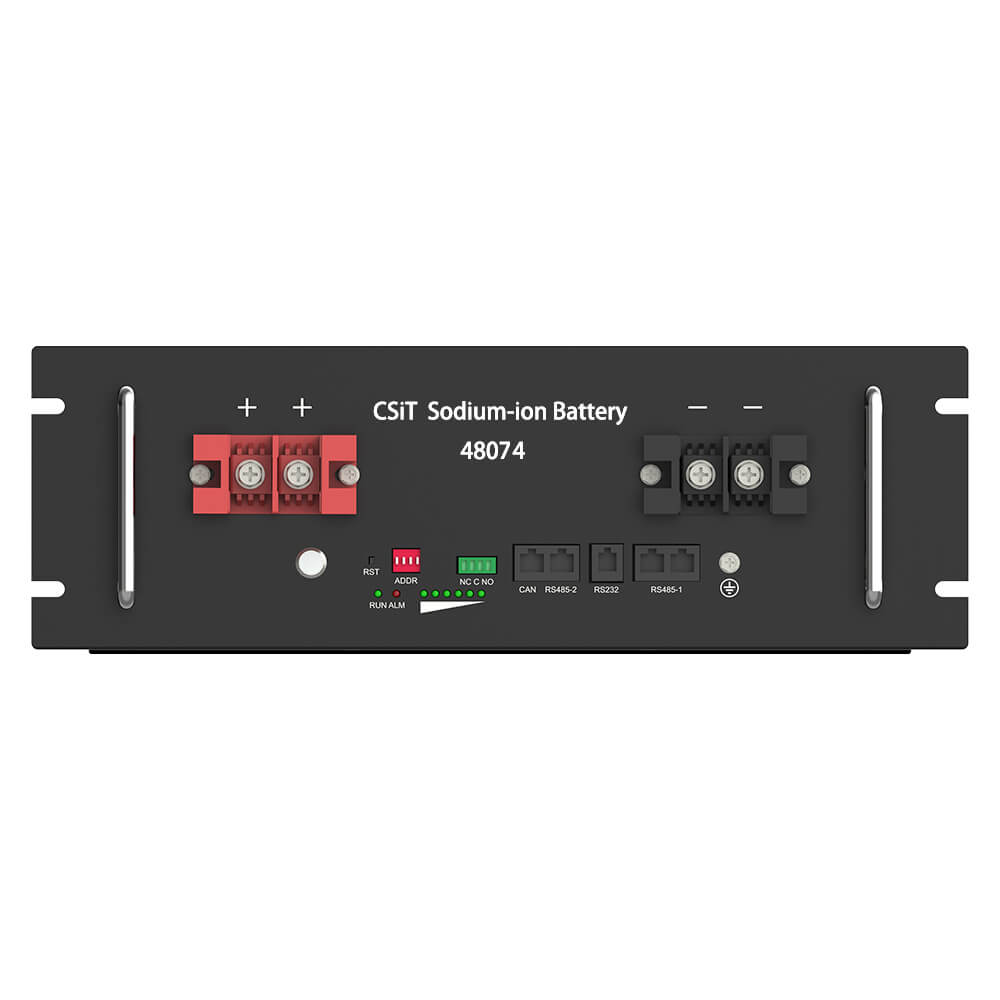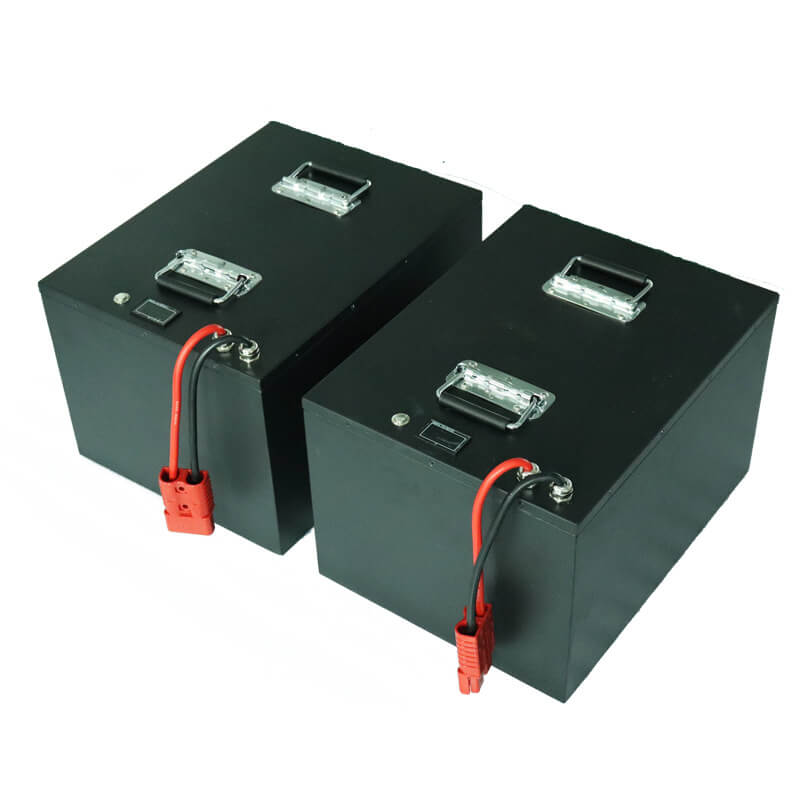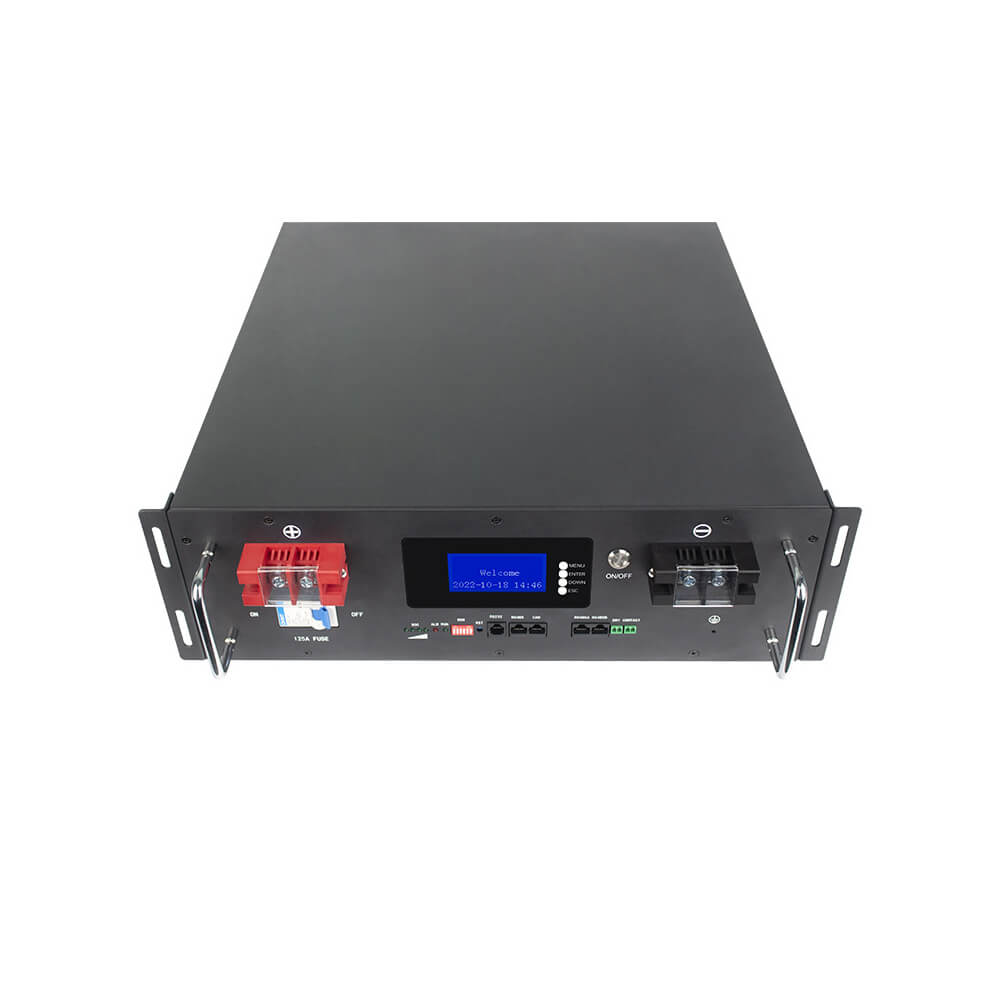How long is the normal service life of lead-acid batteries and lithium batteries for electric vehicles? How often is it best to replace them?
As the core component of electric vehicles, batteries determine the range and performance of electric vehicles.
There are currently two main types of electric vehicle batteries on the market: lead-acid batteries and lithium batteries. So, how long is the normal service life of these two batteries? How often is it best to replace them?
Lead-acid batteries
Lead-acid batteries are a mature battery technology with the advantages of low price and high charging and discharging efficiency. However, the service life of lead-acid batteries is relatively short, generally around 1-2 years.
At present, well-known lead-acid battery brands on the market include Tianneng and Chaowei. So, what factors will shorten the life of lead-acid batteries?Lightweight battery design
You should know that lead-acid batteries are heavy and the plates are heavier, so they can store more electricity. However, the lightweight design of batteries in the past two years has greatly reduced the service life of batteries.
At the same time, there are some inferior batteries on the market, second-hand batteries, refurbished batteries, etc., so when buying lead-acid batteries, you must choose products produced by regular manufacturers.Street fast charging stations
For convenience, many car owners often use street fast charging stations, but they don’t know that this high-current pulse charging method may cause the battery to be scrapped after two or three uses.
Generally speaking, lead-acid batteries should be charged in a slow charging method to avoid frequent use of fast charging stations.High temperature environments
The optimal operating temperature of lead-acid batteries is around 25-27 degrees Celsius. They are prone to aging in high temperature environments, so electric vehicles should be avoided as much as possible in high temperature environments.
At low temperatures, the range of lead-acid batteries will also be affected, just as the range of electric vehicles will shrink by half in winter, and when the temperature warms up in spring, the range will increase accordingly.Don’t charge the battery after it is exhausted
It is a bad habit to charge the battery of an electric vehicle after it is exhausted for a long time. The correct way to charge an electric vehicle is to charge the vehicle when the remaining power of the electric vehicle is about 30%, which is most suitable and conducive to extending the service life of the battery.
Lithium battery
Compared with lead-acid batteries, lithium batteries have higher energy density, longer service life and faster charging and discharging speed. Generally speaking, the service life of lithium batteries is about 3-5 years.
Since the internal materials of lithium batteries are relatively active, car owners should pay special attention to the following 3 points during use:Do not modify lithium batteries privately
Now many car owners privately modify lead-acid batteries to lithium batteries in order to pursue long battery life. This behavior is not only illegal, but also increases the risk of driving. If you are not careful, it may spontaneously combust. Therefore, car owners must not modify lithium batteries privately.
Do not take lithium batteries home for charging
Because lithium batteries are small in size and light in weight, some car owners take them home for charging, which is absolutely not allowed. When charging electric vehicle lithium batteries, they must be placed in professional charging places to avoid accidents such as fire.
Choose lithium batteries from big brands
Currently, well-known lithium battery brands include Xingheng, Boliwei, CSIT, etc. Car owners should identify big brand lithium batteries and do not choose cheap brands.
Replacement cycle
For lead-acid batteries and lithium batteries, it is recommended to replace them according to actual conditions. For lead-acid batteries, it is recommended to replace them after 1-2 years of use. For lithium batteries, it is recommended to replace them after 3-5 years of use.
Of course, the specific replacement time needs to be determined according to the battery usage and life. If the performance is significantly reduced, you can consider replacing it in advance.
In order to ensure the normal use of electric vehicle batteries and extend battery life, it is recommended that you pay attention to factors such as charging methods, ambient temperature, and riding habits during use. What do you think about this? Lithium battery manufacturer CSIT welcomes your message.

 简体中文
简体中文 Russian
Russian French
French German
German Japanese
Japanese Korean
Korean Arabic
Arabic Spanish
Spanish





